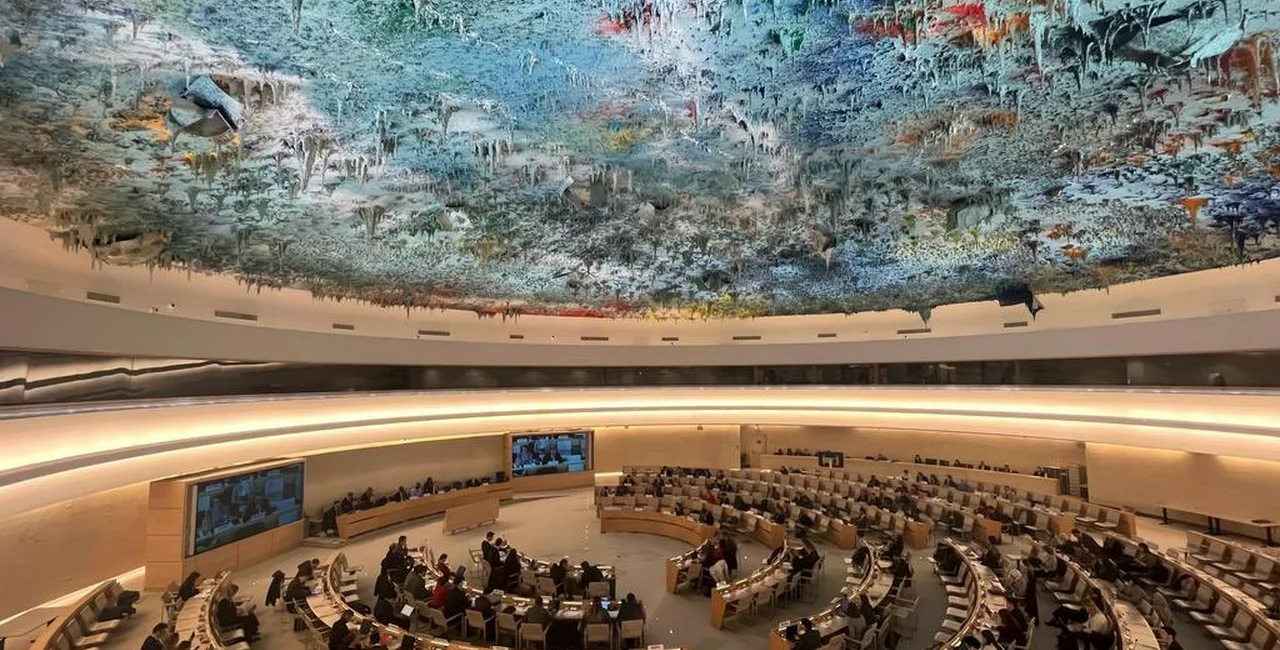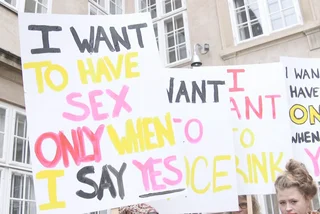The UN Human Rights Council (UNHRC) on Monday reviewed the state of human rights in Czechia, and UN members made initial comments and recommendations on how the country can significantly improve its human-rights stance.
The routine review, conducted periodically by the UNHRC, criticized the Czech Republic's treatment of the Roma minority as well as its weak policies on domestic and sexual violence. A final report with recommendations for the Czech government will be released on Feb. 10.
The Universal Periodic Review (UPR) delegation was led by the Czech government's human rights commissioner, Klára Šimáčková Laurenčíková, who presented the national report. According to the Czech Interior Ministry, about 100 countries participated in the review, with several giving recommendations.
Before the meeting, Šimáčková Laurenčíková said on Twitter that the country wants to "honestly reflect on what has been achieved and at the same time express determination to significantly increase efforts in many areas."
The Czech government on Twitter said that as Czechia is fighting for the protection of human rights in the world it must lead by example. Still, some countries pointed out areas where improvement is needed.
Calls to ratify Istanbul Convention
Many countries, including France and Liechtenstein, called on Czechia to extend its definition of rape and also ratify the Istanbul Convention of the Council of Europe. This treaty condemns domestic violence, sexual molestation, forced marriages, so-called crimes of honor, and genital mutilation.
The convention outlines a system for training medical staff, police, and judges. States are committed not only to enacting measures against violent attacks but also to allocating money to help victims.
Women become victims of domestic and sexual violence far more often than men, and also fall victim to mass rapes in armed conflicts, according to the convention.
The Istanbul Convention was opened for signature in 2011, and so far has been signed and ratified by 45 European countries and the EU. Czechia signed the treaty in 2011, but it still awaits ratification by both houses of the Czech parliament and signature by the president.
In the Czech Republic, the convention has aroused strong emotions. It is opposed by conservatives and religious groups, including the Catholic Church. They say the convention is unnecessary, and it places men and women in opposition.
Discrimination against Roma questioned
The UNHRC also discussed discrimination against Czechia's Roma minority in schools and housing as well as incidents of hate speech and violence. Representatives of Indonesia, India, Jordan, and other countries called on Czechia to take steps to suppress incidents of hate crimes and speech.
Other recommendations called for improving the compensation for unlawful sterilization of women, legalization of same-sex marriage, and aiding refugees and asylum seekers. Countries also pointed out the need to establish a national human rights institution and strengthen the role of the Ombudsman.
Praise for progress
On the other hand, some countries praised the progress Czechia has made by adopting government strategies on children's rights protection and gender equality. Ireland praised the efforts at Roma integration, and Israel lauded Czechia’s acceptance of Ukrainian refugees.
The final report and recommendations for Czechia will be released on Feb. 10. The Czech Republic will address all recommendations before June. The UNHRC will adopt the final report at its 53rd session in this summer.
"We will discuss the assessment not only with the cabinet but also with academics, experts, and people active in specific areas to be sure that really everybody will contribute to the implementation of the UPR. We will submit our report about the achieved progress in 2025," Šimáčková Laurenčíková said.
Aside from Šimáčková Laurenčíková, the Czech delegation included officials from six ministries and the Government Office. This was the fourth review of human rights in Czechia. The previous reviews took place in 2017, 2012, and 2008.
In the previous UPR, Czechia received 201 recommendations. From these, 177 have been met and 24 taken into account, according to the current report that Czechia submitted to the UNHRC.













 Reading time: 3 minutes
Reading time: 3 minutes 



 English
(Proficient)
English
(Proficient)


























